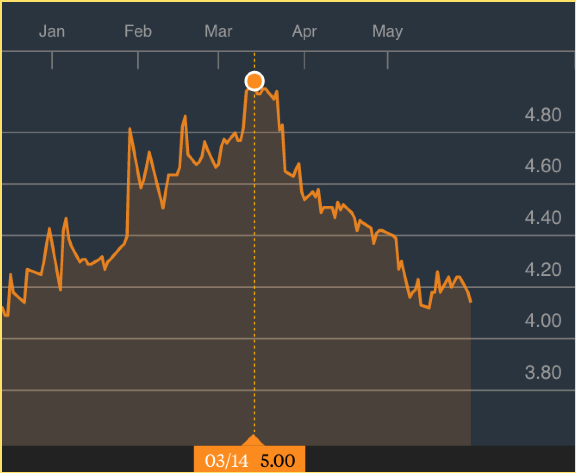Are Japan’s biggest corporations deliberately misreporting sustainability or simply oblivious to the major environmental and social risks they face from deforestation footprints? Either way, shareholders beware; environmental and social risks not only affect local communities, workers, and wildlife but can hit the pockets of investors too.
One year into a new reporting framework for Japanese companies, Rainforest Action Network reviewed the Corporate Governance Code reports of some of Japan’s biggest corporations. We found that in almost all cases, companies failed to declare the major environmental and social impacts that they are directly connected with. This is not only detrimental to people and forests but might also be detrimental to shareholders trying to assess a company’s long-term performance potential.
Take Malaysian palm oil company IOI Group for example – its ongoing mismanagement of numerous environmental and social risks has had serious impacts on its customers and investors. The Group’s most recent suspension from the palm oil industry’s certification body, the Roundtable on Sustainable Palm Oil (RSPO), was the result of documented complaints of deforestation and the draining and burning of peatlands on IOI Group-owned plantations. Meanwhile, IOI has also failed to resolve ongoing labor rights violations and social conflicts on its plantations. Rather than engage in meaningful reforms to address these issues, IOI responded with a lawsuit against the RSPO.

IOI Group’s share price since January 2016, showing a steady decline since IOI’s suspension
was handed down by the RSPO on 14th March. Source: Bloomberg
IOI’s poor management of these risks, and desperate response to well evidenced contraventions resulting in the RSPO suspension, has had a financially material impact. The Group has been subject to a rating review by Moody’s Investors Services and termination of contracts by major customers. Ignoring major sustainability and human rights impacts has cost IOI not just short-term sales losses due to its inability to supply RSPO-certified palm oil to its customers, but also significant brand and reputational damage, which will undoubtedly affect long-term profits in a very competitive sector.
Many of IOI’s major international customers, including Unilever, Mars, Hershey’s, Kellogg’s, Dunkin’ Brands, Nestle, and Ferrero have dropped IOI as a supplier, and an international coalition of environmental and human rights groups is calling on hundreds of other global brands, traders and banks to follow suit and cut their ties to the controversial palm oil supplier.
Social conflicts, labor rights violations, and environmental destruction can no longer be ignored or considered another company’s problem. Companies and banks connected to irresponsible businesses in the forest sector must realise that they are not free of these risks. There is now an expectation and obligation on Japanese companies to pay close attention to, and be more transparent about, the environmental and social risks in their supply chains and financing relationships. Without this, they can be exposed to supply chain disruptions, defaults on loans, and reputational damage, that could cost them and their investors the earth.